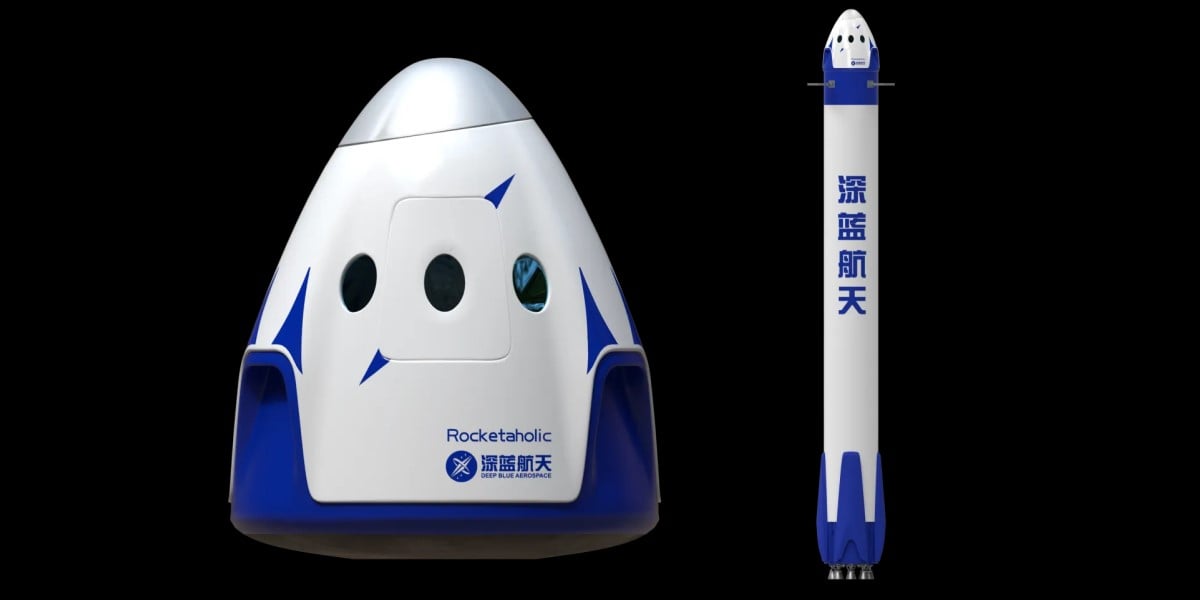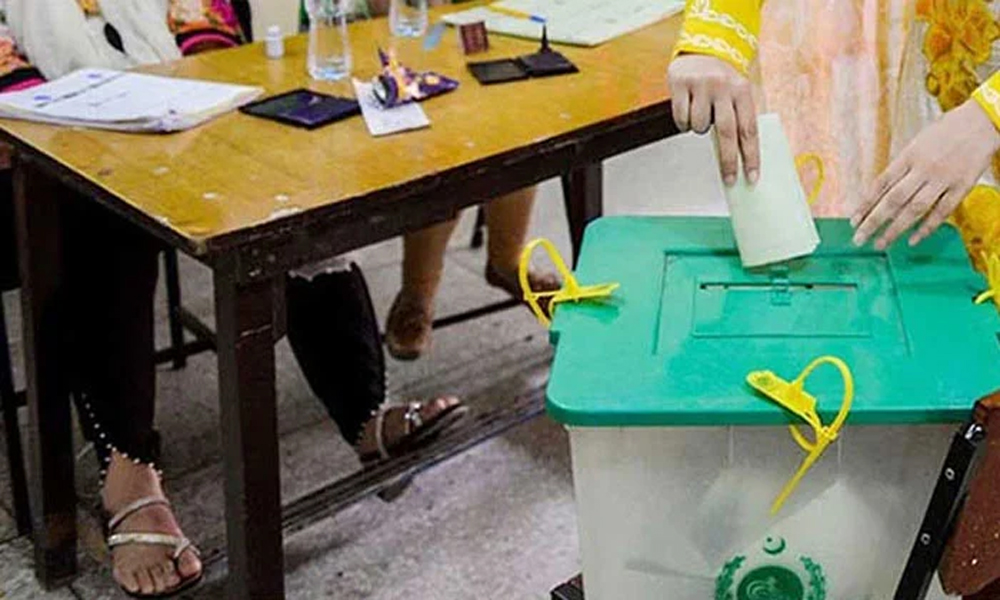
China's first space tourism venture took a small step toward commercial reality last week, when it sold the first tickets on its rocket to space. Deep Blue Aerospace used a livestream on Chinese e-commerce site Taobao to sell two seats on its first sub-orbital flights for just ¥1,000,000 ($140,000) – a deep discount, given future flights are expected to cost ¥1,500,000 ($210,000) per seat. The discount is understandable, given the flight is not expected to launch for another three years or so.
Pays to get in early. Beat the crowds. For comparison, Japanese startup Iwaya Giken will take passengers to space for $180,000 , Virgin Galactic charges $450,000, and Jeff Bezos's Blue Origin is rumored to want more than $200,000.
The livestream was the first time space tourism tickets have gone on public sale in China, and reportedly attracted an audience of three million. The space startup boasted that the tickets sold out – a statement which would have more weight had there been more than two available. The lucky two unnamed buyers of the approximately 12-minute joyride "will experience the vastness and mystery of the universe" in "an all-round, multi-sensory space journey" that Deep Blue Aerospace describes as "unforgettable.
" That journey will take them and up to four other passengers past the Kármán line – the 100 kilometer altitude commonly recognized as the boundary between Earth's atmosphere and outer space – where they will experience weightlessness for around five minutes. The vessel intended to take the passengers is called Nebula-1. The kerosene and oxygen-fuelled rocket will launch a 7.
9-ton capsule reassuringly named "Rocketaholic" that offers passengers the chance to peer through six windows. According to state-sponsored media , the rocket – China's first re-usable launcher – can fly up to 50 times. The two ticket holders will pay an initial ¥50,000 ($7,000) deposit.
They will also sign a non-disclosure agreement and, oddly, promise not to throw their trash out into the wilds of space. "Garbage generated during the flight must be brought back to Earth for disposal," states the tour operator's terms and conditions. It seems unlikely that the five-minute sojourn will include opening the vessel to the vacuum of space to afford an opportunity to litter – but they might as well get its in writing.
Other terms and conditions sound eerily like plane travel. For instance, rebooking procedures and refunds are available under certain conditions, and insurance is recommended. No hint is given on where to buy space travel insurance or how much it might cost.
There's also merch included in the ticket – in case anyone fancies a t-shirt or model rocket. The outfit claims its first suborbital passenger flight will take place in 2027, although the terms of the ticket do have provisions for date slippage. Deep Blue Aerospace said it will devote the three-years before the launch to R&D, conducting dozens of tests, and optimizing performance "to ensure that the rocket meets the highest safety standards.
" Similarly risky high-priced tourism ventures like diving to the Titanic have had bad press recently, so safety is understandably part of the messaging. Nebula-1's first high-altitude vertical recovery test did not go so well. It experienced an anomaly in the final landing phase, and the rocket's body was damaged after it landed with excessive force.
Next month, the space concern plans to carry out a high-altitude vertical recovery flight verification on the rocket's first stage, and perform orbital entry and recovery of Nebula-1 by the first quarter of 2025. The testing is slated for 2026, followed by commercialization in 2027. The firm promises: "The improvement of rocket recovery technology will lay a solid foundation for Deep Blue Aerospace to promote suborbital travel projects and open a new chapter in human exploration of space.
" ®.














